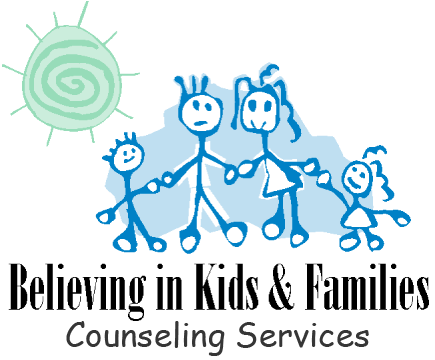What you think, you become. What you feel, you attract.
What you imagine, you create. -Buddha
When someone is exploring the idea of counseling, there are often a number of questions that a person might have. We have compiled a list of common or typical questions that our clinicians are asked. We have listed these questions here with brief answers. We are always more than willing to discuss any or all of these areas further with a person over the phone or in person. This is not intended to be an exhaustive listing of questions people have regarding services. Also, these questions are not to replace engagement in a therapeutic relationship with a clinician face-to-face upon which a thorough assessment and recommendation for services can be offered.
When should someone seek counseling?
Each person is unique in how he or she address challenges and distress in own's life. People experience times in their lives, from childhood through late adulthood, that may require him or her to seek out counseling to help in addressing problems and issues. Professional clinicians help in addressing many situations or life circumstances that cause emotional stress, including, but not limited to:
- anxiety, depression, and other mental and emotional problems and challenges
- family and relationship issues
- substance abuse and other addictions
- sexual abuse and domestic violence
- career change and job stress
- social and emotional difficulties related to disability and illness
- recovering from a divorce
- adapting to life transitions
What is professional counseling?
Professional counseling involves an experienced, trained professional and a client seeking help in whatever challenges or problems he or she is experiencing. A professional counselor or therapist offers caring, knowledgeable assistance that often people need during stressful times. Counseling is a collaborative relationship in which each party is putting forth effort to improve the situation or life circumstance. A clinician can help you identify your problems and assist you in finding the best ways to cope with the situation by changing behaviors that contribute to the problem or addressing the emotions that lie at the root of the problem.
Your name is Believing in Kids & Families. Do you work with individual adults? Yes. We work with individual adults on a one-on-one basis and in groups. We also work with couples and adolescents concerning a variety of issues. (See Client Services Offered Section).
What are your office hours?
Each clinician offers their own hours. In general, each clinician offers a variety of office hours, such as daytime and early evening appointments. Typically, appointments are available Monday through Friday, with Saturday or Sunday appointments available on a case by case basis.
Is there a wait or waiting list to receive counseling services? No. An appointment is typically available within two weeks you contact us for services.
How does someone start counseling services?
You can call 303-794-7008 ext.1 and ask for Sue Coffey, LCSW. She will ask you a few questions and then identify which clinician will best suit you, your child's, you and your partner's, and/or your family's needs.
Do you accept insurance?
Insurance questions are typically discussed on an individual basis. We work with most insurance companies, however are not listed with all insurances. The best course of action is for you to first contact your insurance company to find out if Believing in Kids & Families is listed as a provider. If they say "yes", then find out if you need authorization before beginning counseling. If your insurance says "no" to Believing in Kids & Families being a listed provider, then find out if they will pay for an "out-of-network" provider as we often work in this capacity.
What does it mean to see a Licensed Clinical Social Worker or a Licensed Professional Counselor?
A licensed counselor can vary by state licensing boards. The State of Colorado licenses several professionals for mental health counseling. It is best to consult their web site, located at to learn more about the qualifications needed to become licensed in the State of Colorado.
How much does counseling cost?
Fees for services are discussed on an individual basis. Each clinician sets their own fee schedule, which is based on their education, experience and training. It is best to ask your counselor what fees she or he charges during your first contact with one another, so there will be no surprises for you and you can plan accordingly.
How long will counseling take?
There is a wide range of variables to take into consideration when discussing how long counseling will take. The severity of the problem that the person is seeking counseling for is one variable that impacts the length of counseling. How long the person has had the problem is another variable to take into consideration, as well as how motivated a person is to work on the problem. These are just some of the variables to take into consideration. Each person and their circumstances are unique and impact the length of treatment. Now, insurance companies may only authorize a certain number of sessions. It is a good idea to discuss the length of treatment with a counselor at the onset of counseling.
As with any treatment, there are benefits as well as risks. The benefits may include improved personal relationships, clearer personal goals and values, and you may find greater satisfaction in your life. On the other hand, as individuals progress through counseling they may discuss unpleasant memories or feelings. Most of these risks are expected and making important changes in your life may be challenging. A professional counselor or therapist can help you master the challenges you are facing to make life peaceful and enjoyable.
